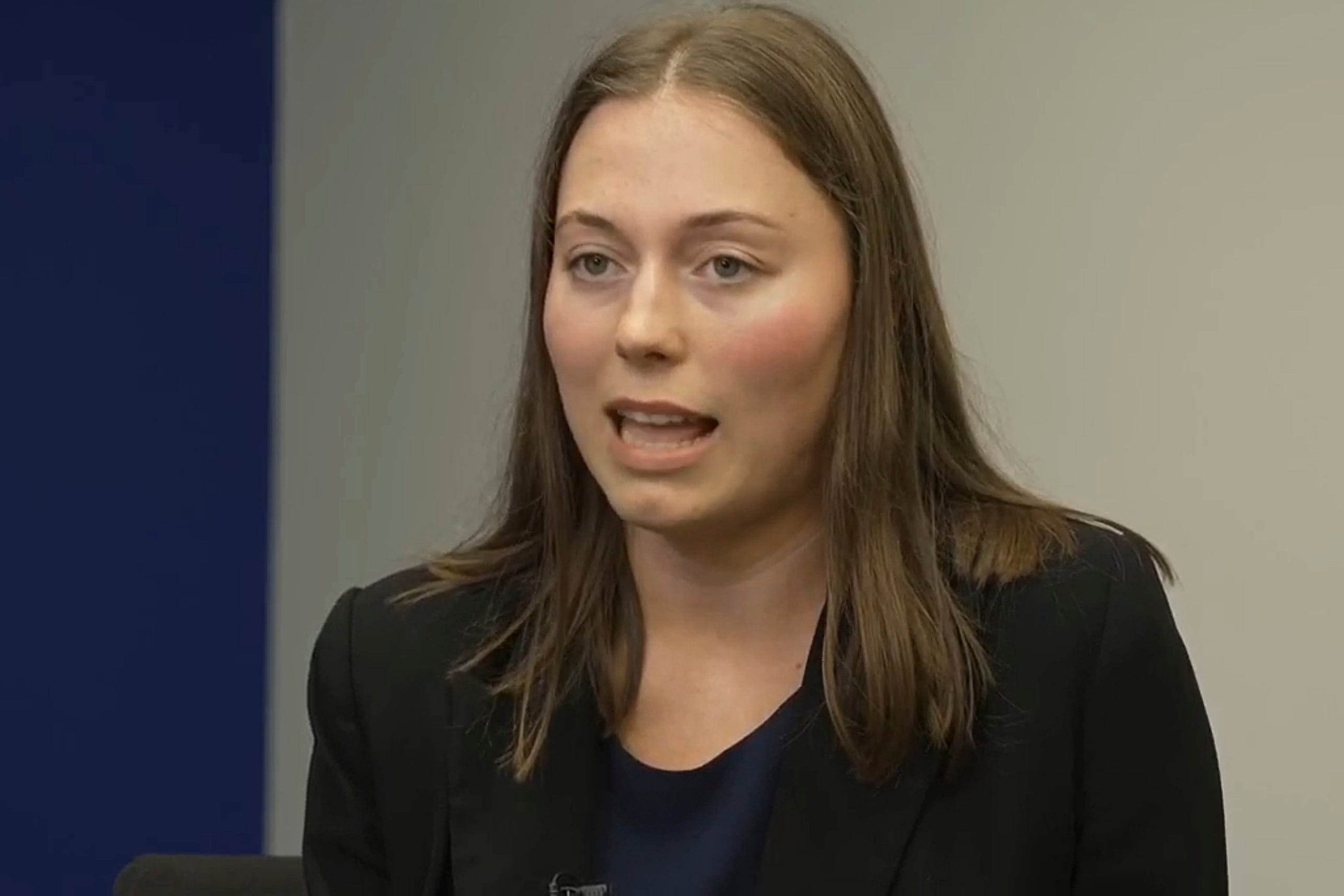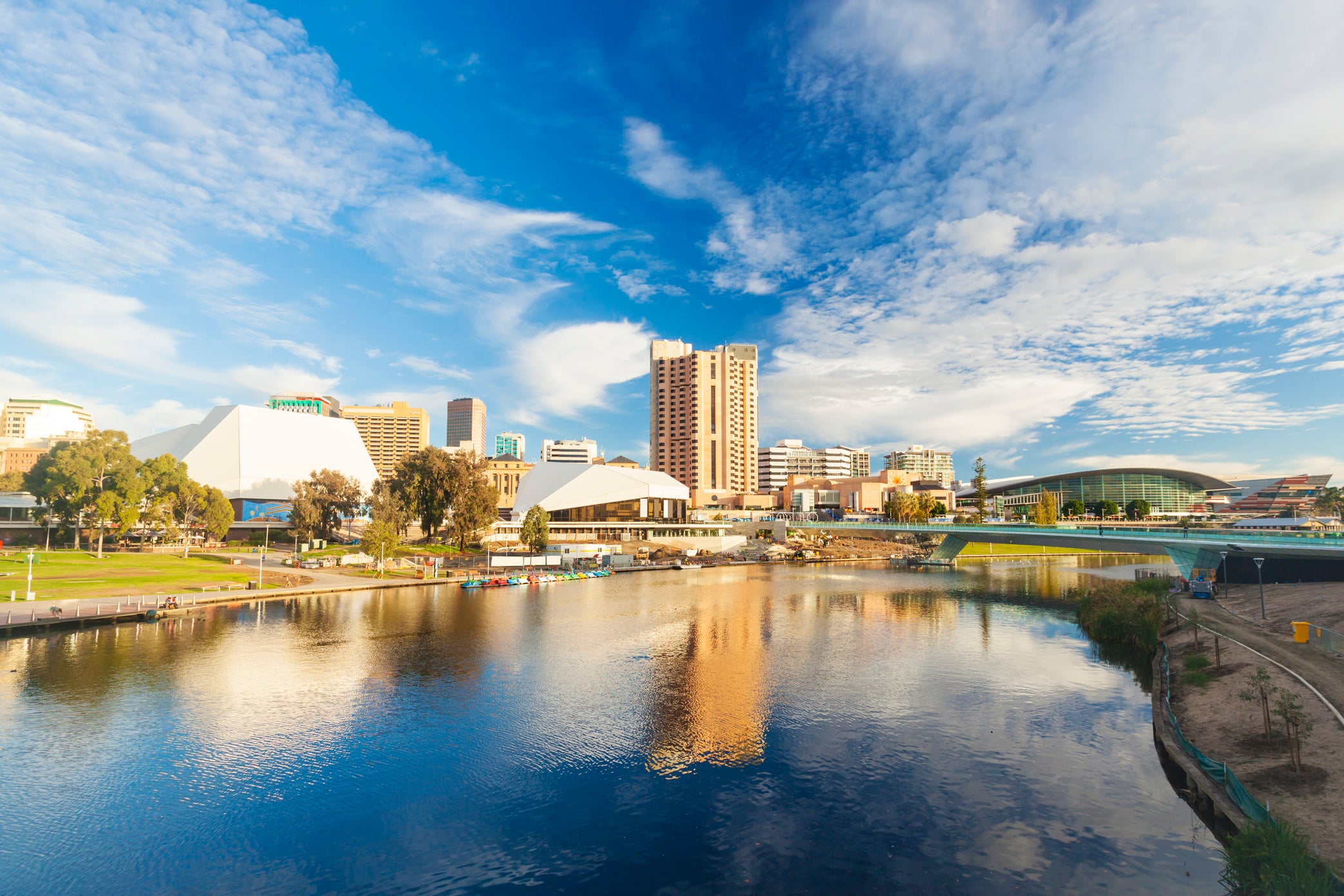Australia has elected its youngest ever senator as 21-year-old Charlotte Walker secured an unexpected victory in one of the country’s southern states.
Ms Walker turned 21 on the day of Australia’s federal election last May and, like many female candidates who run for election in Australia, wasn't expected to win.
A former union official, Ms Walker secured the third Senate seat for the governing center-left Labor Party in South Australia.
This was an unexpected victory as, due to the Australia's preferential voting system, a party's third candidate rarely succeeds.

Despite receiving the lowest vote count among the six newly elected senators for South Australia, Ms Walker's victory was officially declared by the Australian Electoral Commission on Tuesday.
The newly elected senator, whose six-year term commences on July 1, acknowledged the significant shift her new role represents. A federal lawmaker's base salary is more than 205,000 Australian dollars ($133,000) annually.
"There's a few feelings. Obviously, there's a lot of pressure," Ms Walker told Australian Broadcasting Corp. after the results were announced late Monday.
"I want to do a good job for South Australians, but I also want to show young people, particularly young women, that this is achievable and this is something that they can do also. I'm also really excited. Not many people my age get to — go to Canberra and have the ability to contribute in the way that I will," she added.
Previous young lawmakers
Before Ms Walker, the youngest senator was Jordon Steele-John of the Greens party, who was elected for Western Australia state in 2017 at the age of 23.
Australia's youngest-ever federal lawmaker was Wyatt Roy, who was elected to the House of Representatives in 2010 at the age of 20. He lasted two three-year terms before he was voted out of his Queensland state seat.
Large swings at elections as occurred May 3 typically bring a larger proportion of women into the Parliament in seats that their parties hadn't realistically expected to win. Often the newcomers lose their seats when votes swing back at the next election.

Prime Minister Anthony Albanese expects 57 per cent of Labor lawmakers in the Senate and House of Representatives will be women when the new Parliament first sits on July 22. The proportion of women was 52 per cent during Albanese's first term in government.
Australian governments usually lose seats in their second term. Albanese leads the first federal government not to lose a single seat at an election since 1966. Labor is expected to hold 94 seats in the 150-seat House of Representatives, up from 78 in the last Parliament.
Australian National University political historian Frank Bongiorno said unexpected swings can put women candidates into Parliament after seeking apparently unwinnable seats .
But Bongiorno said Labor had been working on increasing women's representation since the party introduced a quota in 1994 that stated 35 per cent of candidates in winnable seats had to be female.
"The fact that we now have not 50 per cent, but 57 per cent is partly a function of obviously just the size of the swing, but it is also, I think, very deliberate changes that have occurred within the Labor Party over about 30 years from what was a very male-dominated culture and environment," Bongiorno said.
The odds had been stacked against Ms Walker being elected as her party's third choice in South Australia, Bongiorno said.







